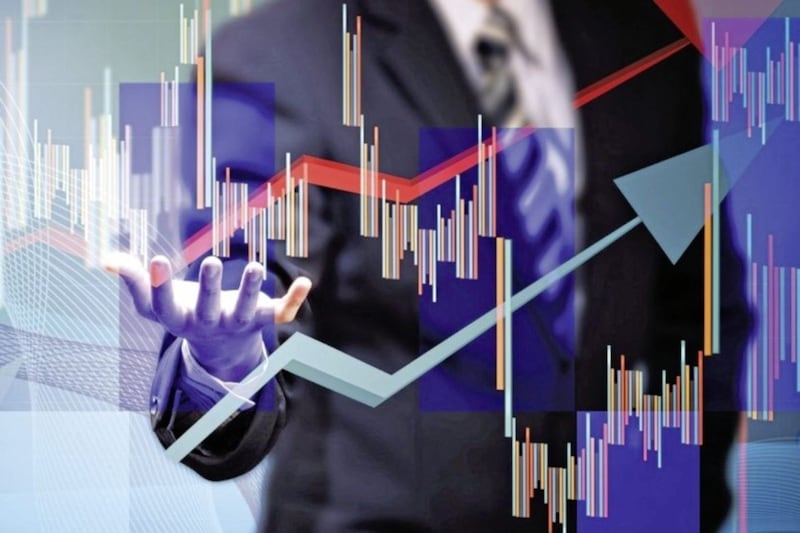LAST week saw the end of the financial year, with the usual rush to subscribe to ISAs and realise capital gains – for those investors who are fortunate enough to have them.
It's been a strange year so far, starting much as 2017 had ended, with optimism and the market continuing its upward path. But as we are well aware, the tide turned in mid-January and the FTSE 100 slid back to levels not seen for over a year, even dipping below the 7000 mark.
The question is whether the bears are right at last, or is this just a correction? It is without doubt a very unnerving time for investors and these nerves have been reflected in share prices, with particular pressure on many tech stocks. Shades of 1999: are we now looking at another reversal of technology fortunes?
On the whole, it is to be hoped that some lessons were learnt and on a positive note, the music streaming giant Spotify recently successfully came to the market despite this gloom. The world clearly does not stop changing, but the speed of change is worth noting and even the disruptors can be disrupted: close attention is crucial in valuing technology stocks.
Another interesting feature of the market in 2018 has been that several troubled companies have become even more troubled. The classic example was of course Carillion, which finally went bust in mid-January, hitting the headlines and causing widespread distress and soul-searching. There are a number of other companies for which the writing appears to be on the wall, but which struggle on for now.
In terms of conventional theory, troubled shares are riskier than others and should therefore (in principle) offer higher returns. They carry more cyclical risk and are more likely to suffer if the economy slows.
They should therefore carry a high risk premium, but they tend not to. This is in part due to a behavioural phenomenon which means that investors (illogically) hold onto losing stocks in the hope that they will recover, possibly partly due to a reluctance to admit they were wrong, which results in very little selling pressure, meaning the shares are higher than they should be.
There is also hope: the small chance of recovery as a result of takeover or rescue. Many investors are naturally optimistic, hence this attitude is surprisingly prevalent.
Global markets appear to be encountering stormy waters: the looming potential for a damaging trade war between the US and China is without doubt seriously worrying. The on-going deterioration in relations between Russia and the West, aggravated by recent allegations of the use of chemical weapons in Syria and the consequent potential for retaliation, is another concern.
In this context we can hardly fail to mention Brexit and the huge uncertainties it causes. But as been said before, it's the economic factors which overall exert more influence on global markets, so close attention should be focussed on inflation, interest rates and, of course, economic growth.
:: Cathy Dixon is a director at the Belfast office of Cunningham Coates Stockbrokers, a trading name of Smith & Williamson Investment Management (SWIM). This article does not constitute a recommendation to buy or sell investments and the value of any shares may fall as well as rise. Investments carry risk and investors may not receive back the amount invested. The views expressed are those of the author and not necessarily of SWIM.








